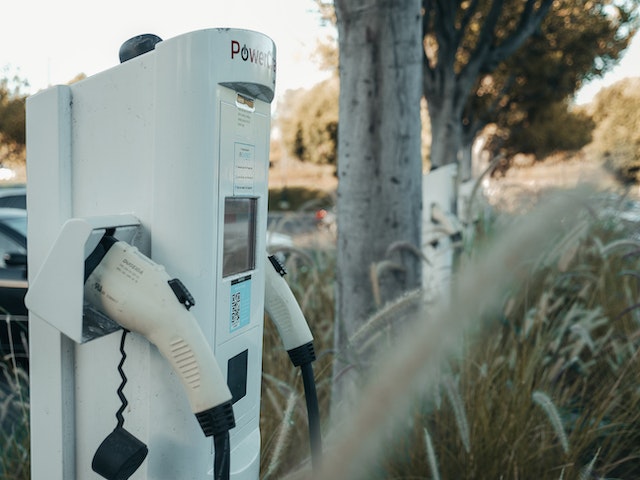
Electric vehicle (EV) charging stations are becoming more common. Regardless of where you live, there are probably some charging stations nearby. Also known as charge points, they offer charging connectors for EVs. If you drive an EV, you can stop at a charging station to recharge your vehicle’s Lithium-ion (Li-ion) battery. Here are six facts about charging stations.
#1) Feature Universal Connectors
Most charging stations feature universal connectors. The connectors conform to international standards, such as SAE J1772, SAE J3068 and CC Combo I. With universal connectors, they aren’t limited to specific EVs. Regardless of your EV’s make and model, you can use a charging station to keep it going.
#2) Over 40,000 in the US
There are currently over 40,000 charging stations in the United States. According to the U.S. Department of Energy (DOE), most of them offer Level 2 chargers. Level 2 chargers involve the use of a 240-volt power supply. They can charge EVs up to 10 times faster than Level 1 chargers, which only use a 120-volt power supply.
#3) Charge By Minute or Kilowatt-Hour
How much does it cost to use a charging station exactly? Some charging stations charge by the minute, whereas others charge by the kilowatt-hour. Kilowatt-hours is a measurement of energy. The more energy you use when charging your EV, the higher the cost. Regardless, most charging stations charge by the minute or the kilowatt-hour.
#4) Soon to Be a Half-Million Charging Stations
While there are currently over 40,000 charging stations in the United States, that number is expected to balloon to a half-million. President Biden recently announced a plan to expand the country’s charging infrastructure to a half-million by 2030. With more charging stations, EV drivers will have more options from which to choose. The general idea is that by expanding the country’s charging infrastructure, more drivers will switch from combustion vehicles to EVs.
#5) Equipped With Safety Sensors
Most charging stations are equipped with safety sensors. Safety sensors are designed to turn off chargers automatically when they are disconnected from EVs or otherwise not charging. Some charging stations use current sensors to monitor power consumption. Other charging stations use sensor wires to create feedback signals. Regardless, charging stations typically feature safety sensors.
#6) Available at Some Hotels and Workplaces
You might be surprised to learn that charging stations are available at some hotels and workplaces. These are considered private charging stations. They aren’t available to the public. Rather, they are only available to the hotel’s customers or the workplace’s employees.

